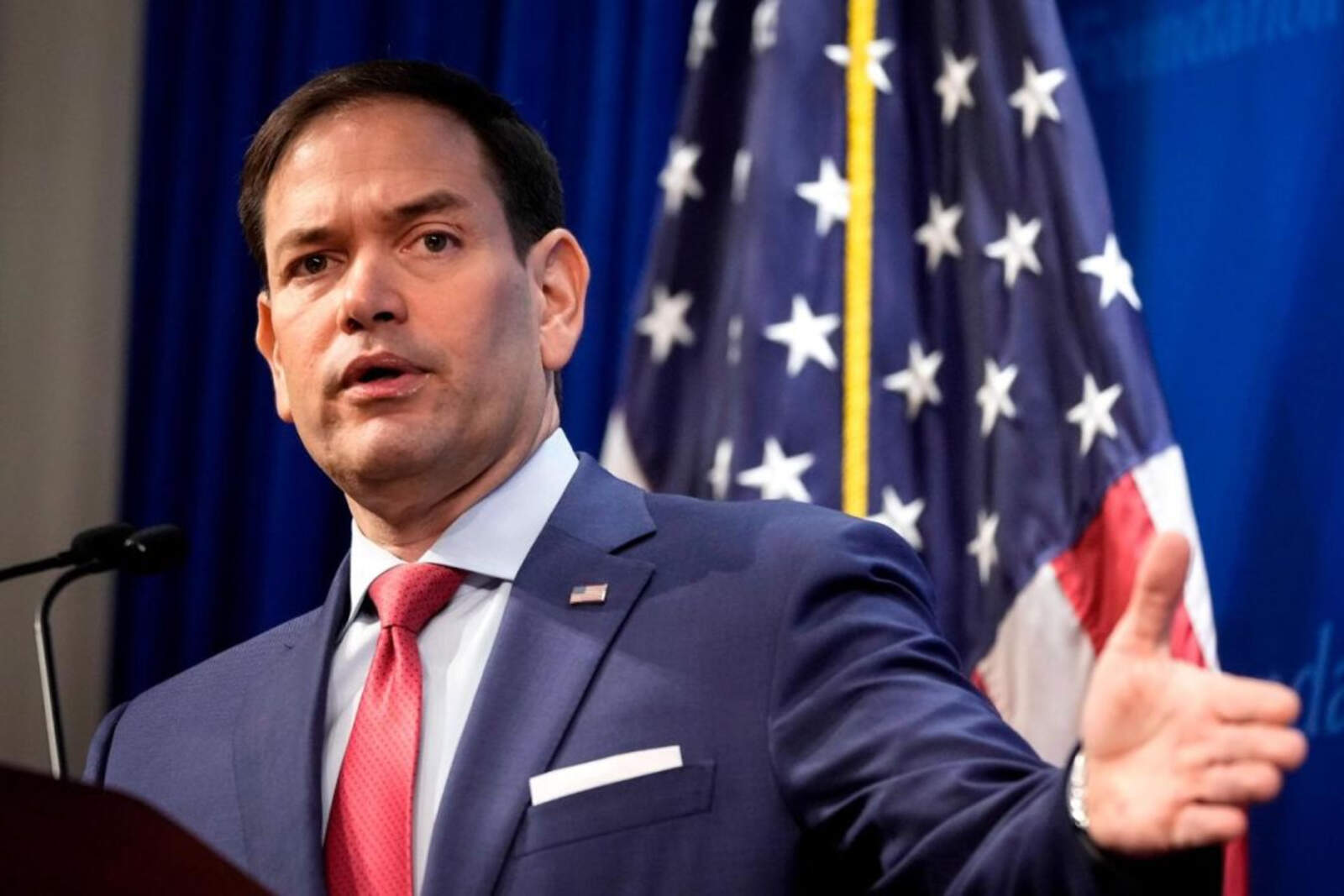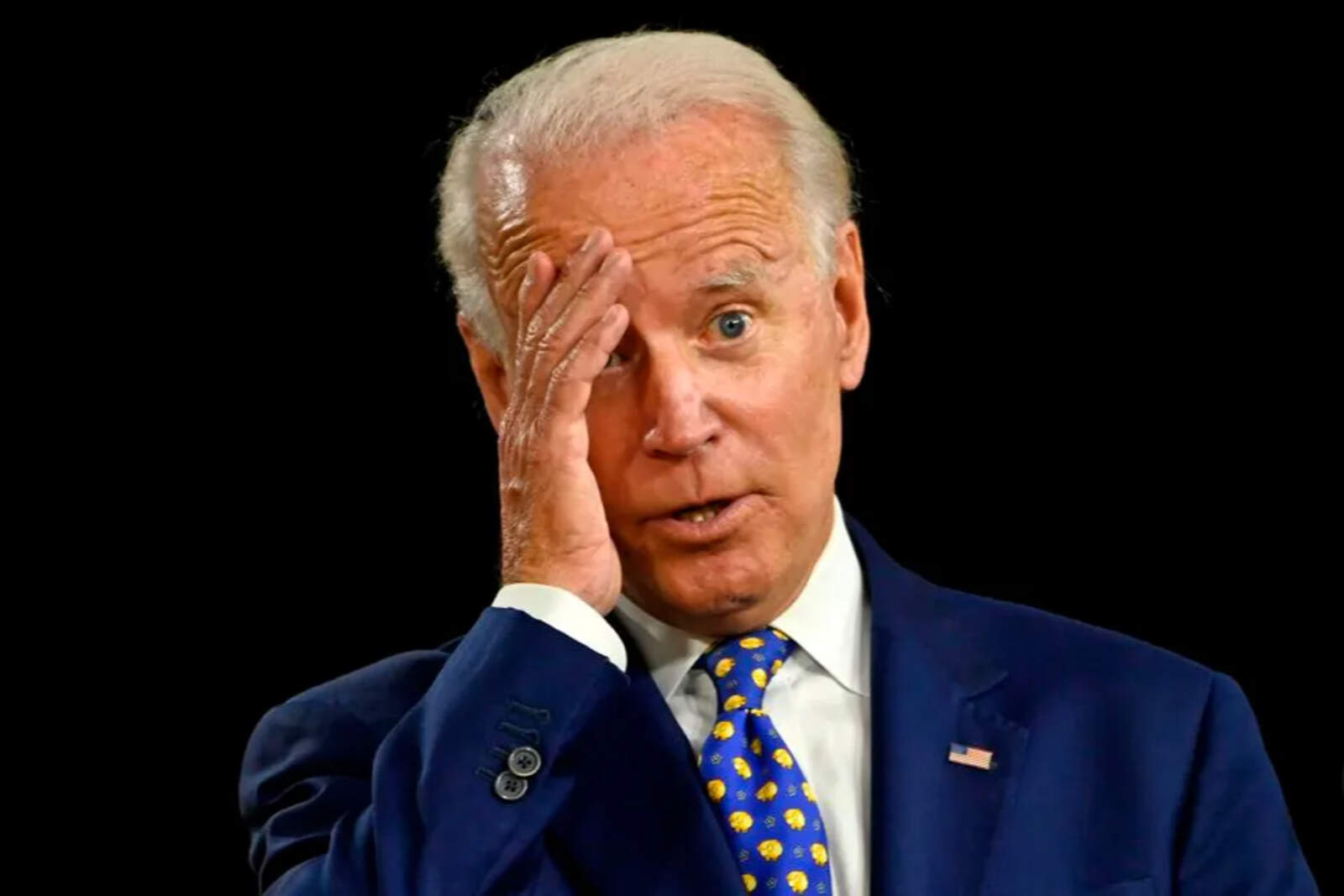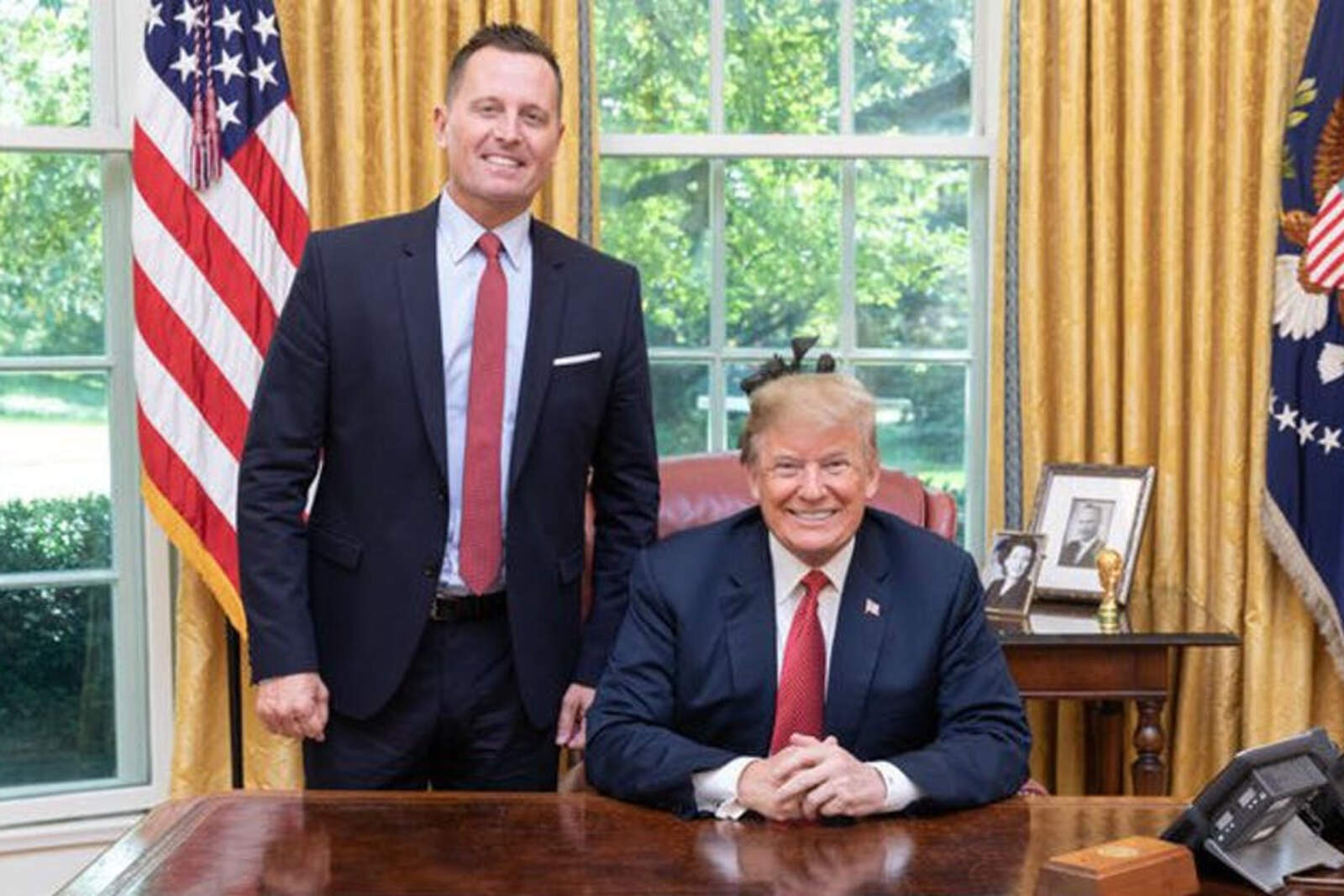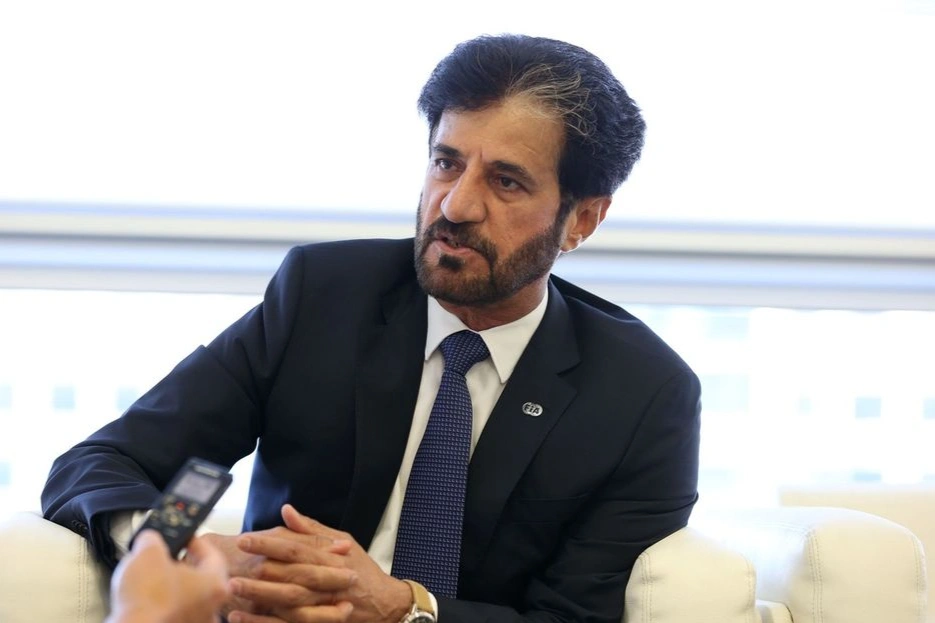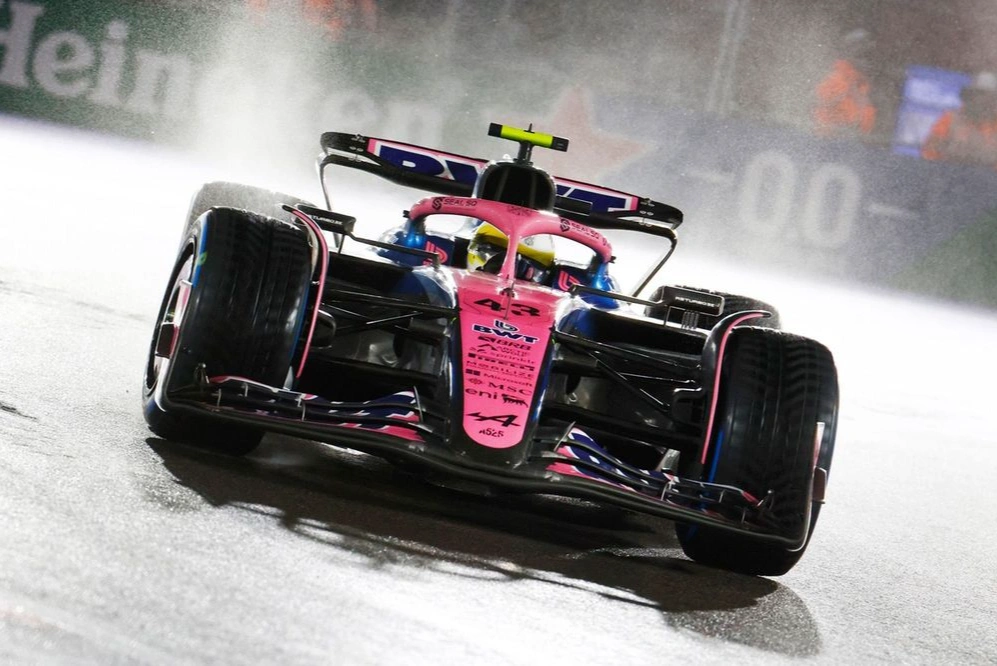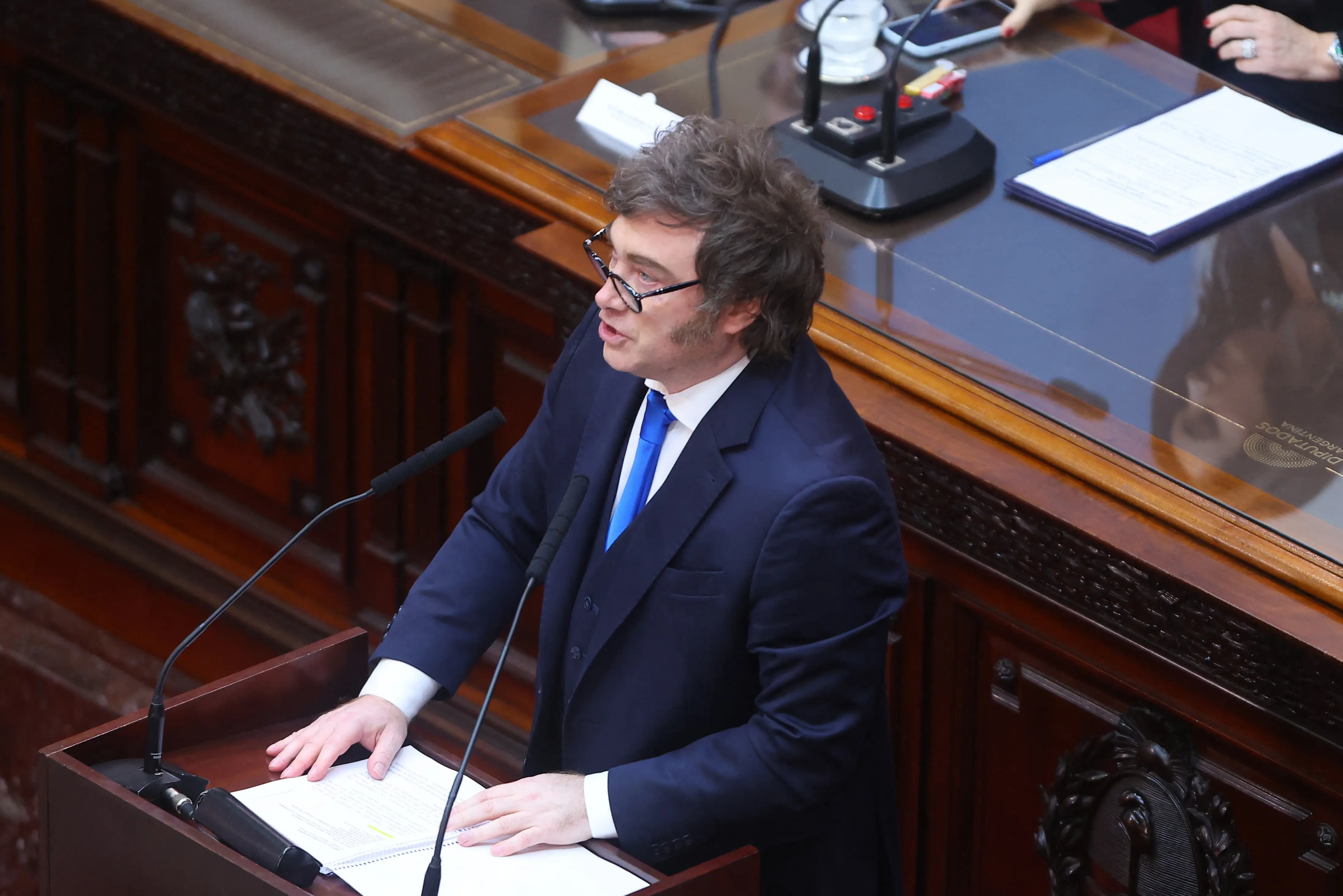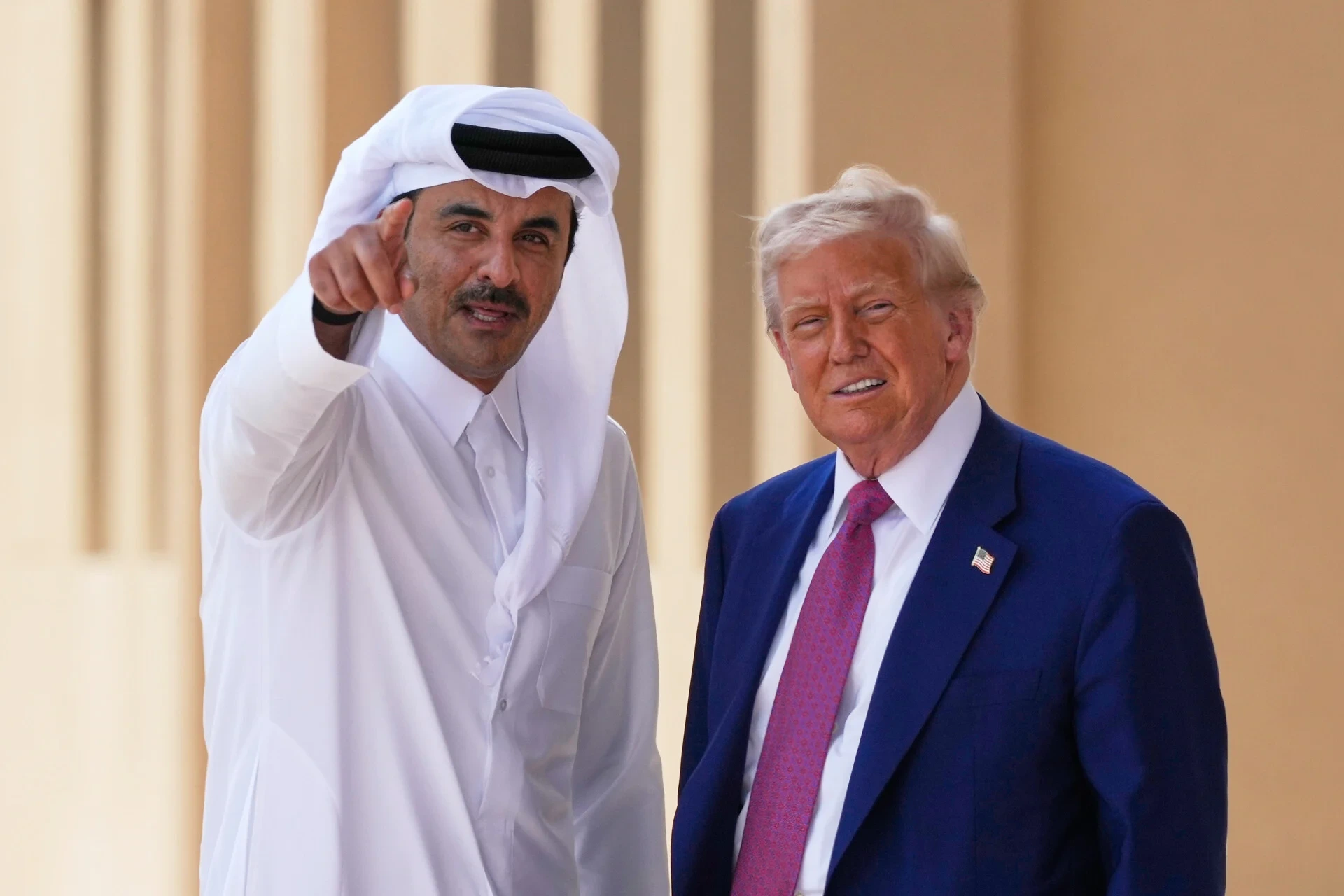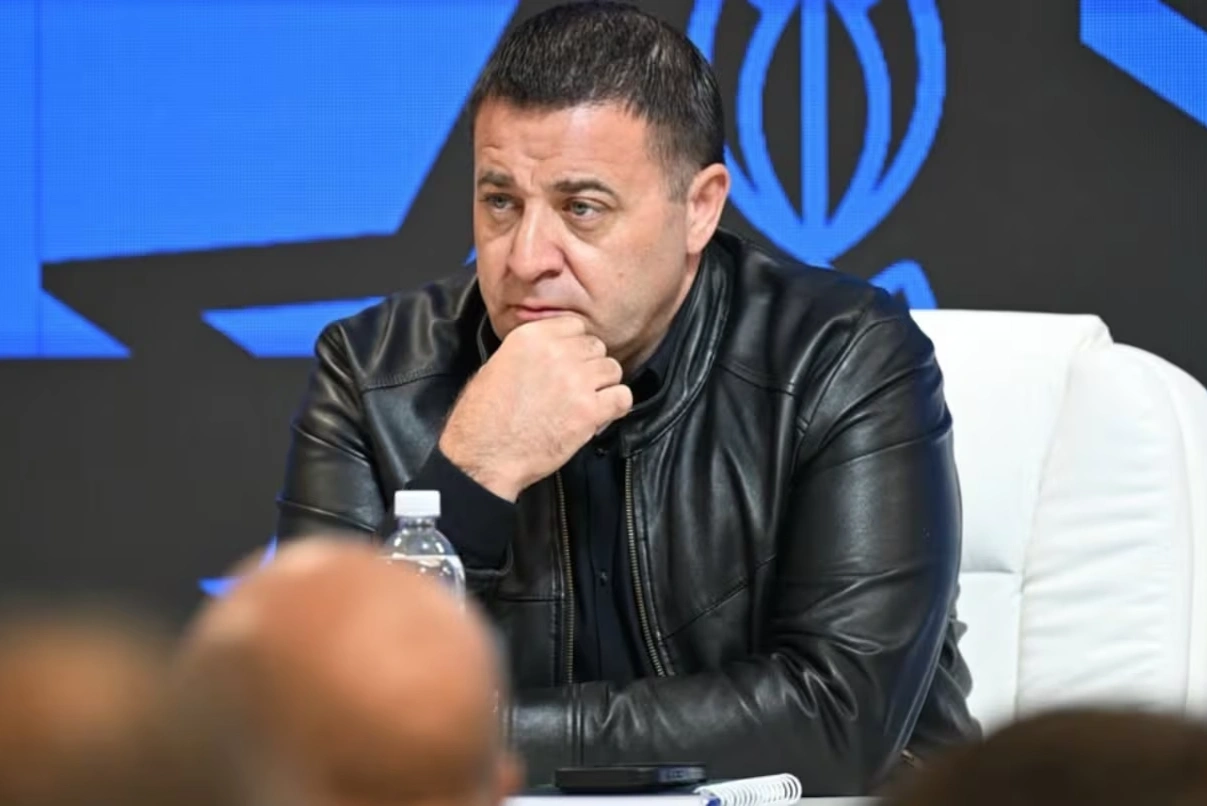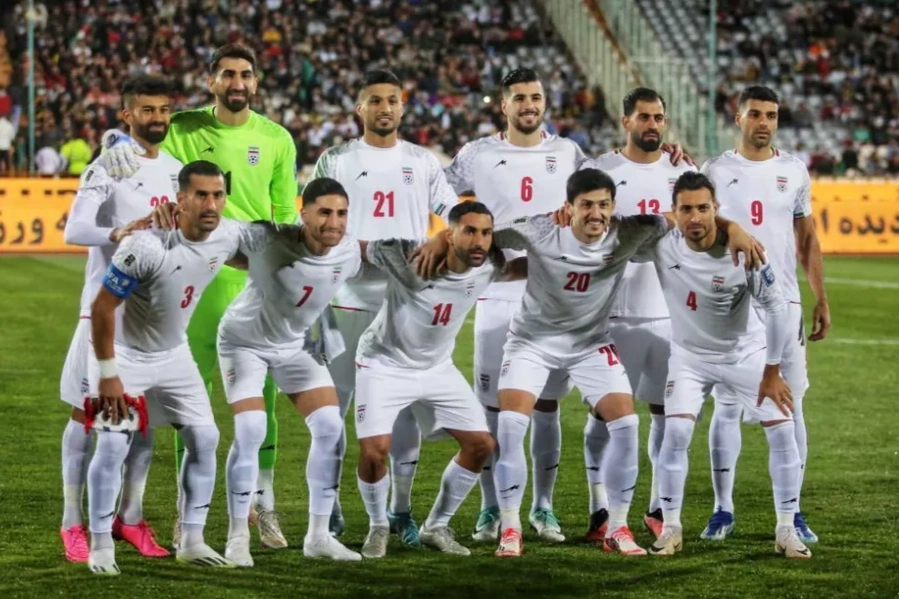The license allowing Chevron to operate in Venezuela will expire next Tuesday, May 27, according to the announcement by the United States Secretary of State, Marco Rubio, through a post on his personal X account.
This decision contradicts the statements of special envoy Richard Grenell, who had indicated that a 60-day extension would be granted to the American oil company.
The divergent stance reflects some differences of opinion within the government team of President Donald Trump on how to handle relations with the regime of Nicolás Maduro.
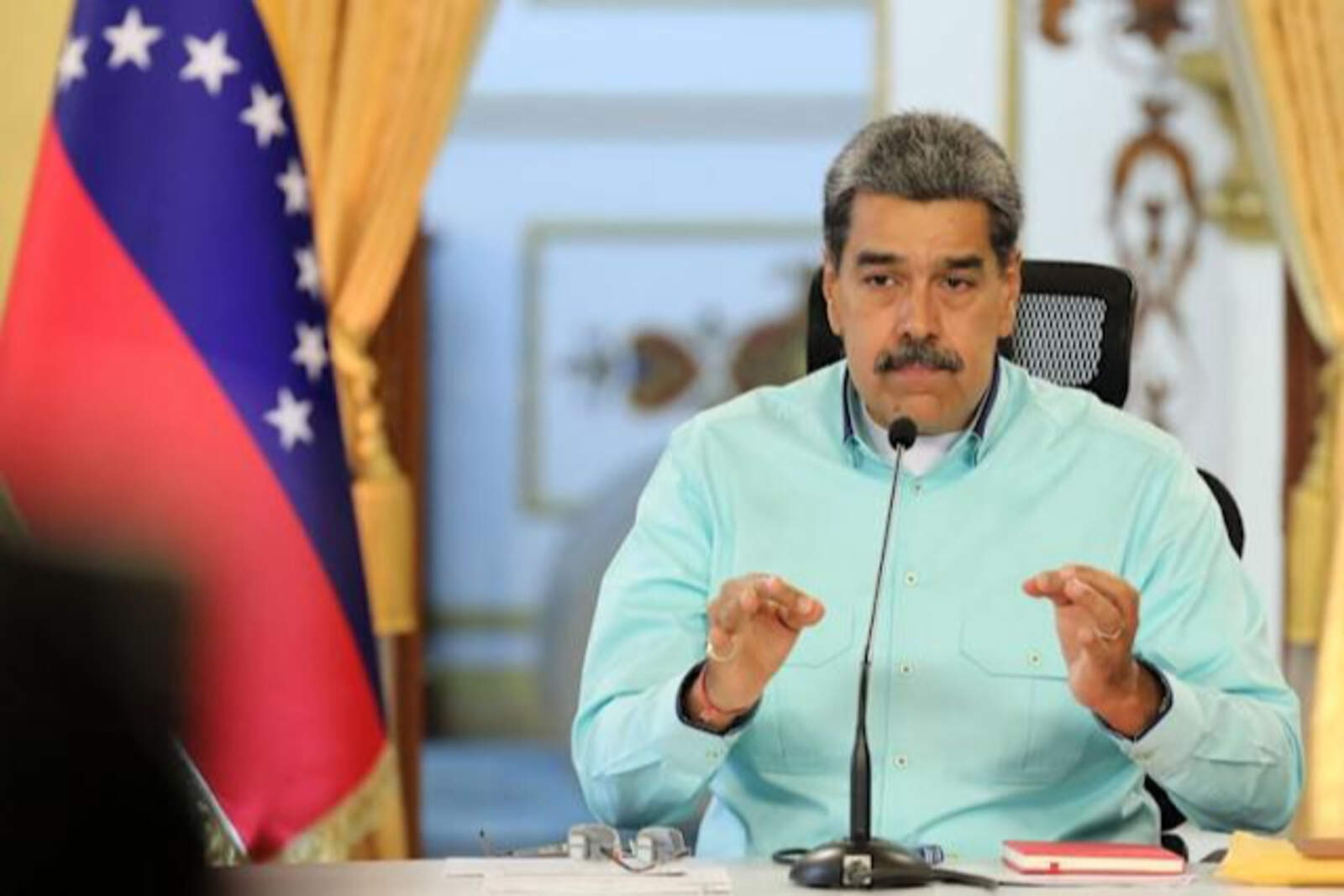
Rubio, a staunch opponent of the Venezuelan government, called the license an unnecessary benefit for Maduro, promoted during the administration of Joe Biden. The senator did not mention the recent negotiations between Grenell and Venezuelan officials on the Caribbean island of Antigua, which culminated in the release of an American citizen detained for months in Venezuela.
The expiration of the license will jeopardize Chevron's operations in Maduro's regime. The American company has been a key player in the modest recovery of Venezuelan oil production, representing approximately 20% of the total. Additionally, Chevron has contributed to the country's foreign exchange income through crude exports.
Although Grenell had assured that the extension was imminent following his diplomatic meeting, sources close to the State Department confirmed that the United States officially opposes extending the license, a decision supported by the Treasury Department.

